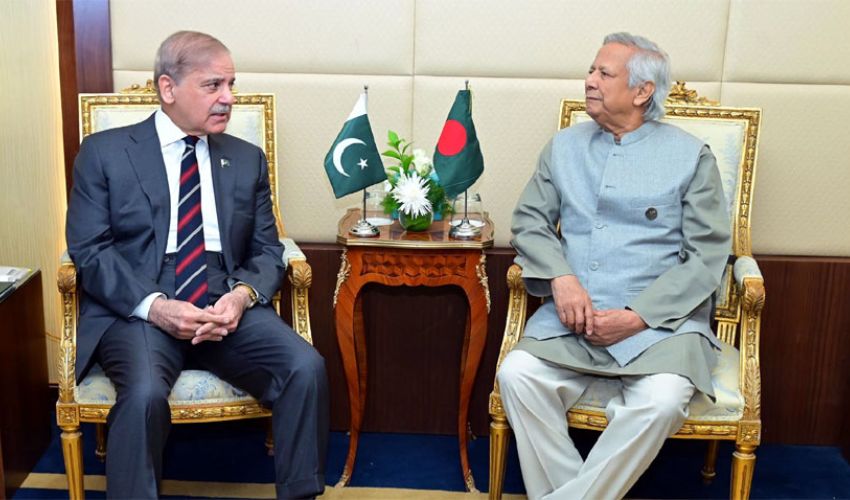In the case of the military trial of civilians in the Supreme Court, Justice Jamal Khan Mandokhel asked whether the Army Act will be applied if an armed forces personnel committed a crime while sitting at home.
A seven-member constitutional bench of the apex court, headed by Justice Aminuddin Khan, heard an intra-court appeal against the trial of civilians in military courts, during which Salman Akram Raja, the lawyer for convicted Arzam Junaid, presented his arguments.
Salman Akram Raja said there were two issues in the case: One is Article 175, and as far as fundamental rights are concerned, the doors will not be closed.
Justice Mandokhel asked if fundamental rights were not available and mixed with any other act, would the rights be affected? He further questioned if the Army Act will be applied if an armed forces personnel committed a crime while sitting at home.
He further remarked that if a soldier had a domestic problem, if he contracted a second marriage without the consent of his first wife, would he be sent to a military court for a second marriage?
Salman Akram Raja replied that the Army Act is a black hole, adding that if any amendment is made, fundamental rights will be abolished. He said that according to the law, a crime must be related to the Act.
The lawyer went on to say that, for example, flying kites is prohibited in Punjab, so if a military official flies a kite at home in Punjab, there will be no military trial, but the civilian law will apply to him too.
Justice Naeem Akhtar Afghan reminded Raja that an amendment was made to the Army Act during the tenure of his party with great enthusiasm in parliament. To this, Raja said he was not a part of the PTI at that time and had always been in the opposition.
The lawyer argued that Article 21D1 was first mentioned in the FB Ali case in 1975, to which Justice Mazhar Ali said, "Why should the Supreme Court look at Article 21D every time?" The lawyer replied that if the legal framework changes, a judicial review can be done, adding that the exemption of Article 8(3) was not available for 21D.
Justice Naeem Akhtar remarked that an ordinance was brought in 1967 for Article 21D, which has a duration. He asked if the ordinance became obsolete after its term expired. Salman Akram Raja replied that the Official Secrets Act has existed since 1923 and trials have been held under the law since before 1967.
Justice Mandokhel said that if a person commits such a crime in the civil service, they are dismissed from service. There is no authority to punish in the civil service. However, in the armed forces, on the one hand, a person is dismissed and on the other hand, they are punished also. “You will have to tell me who the Army Act applies to,” the judge stressed.
Justice Muhammad Ali Mazhar asked if a spy is caught, where he will be tried. Justice Hassan Azhar Rizvi asked if a citizen is lured to leak secrets to an enemy country, where he will be tried. Raja replied that the trial will be held under the Official Secrets Act, the procedure of which is available.
Salman Akram Raja said he will not say anything against the Constitution or give distorted arguments.
“There is no such thing in the world that the Constitution gives fundamental rights and someone snatches them away with the flick of a finger. It is not possible for a commanding officer to demand an accused be handed over to him,” he argued.
Justice Muhammad Ali Mazhar said that a five-member bench abolished Section 2D, after which spies cannot be tied in military courts. He further questioned that there are also civil servants in the army and if the enemy spies for the country under the guise of a civil servant, where the trial will take place.
On this, Salman Akram said that civil servants in the army are subject to the Army Act.



























